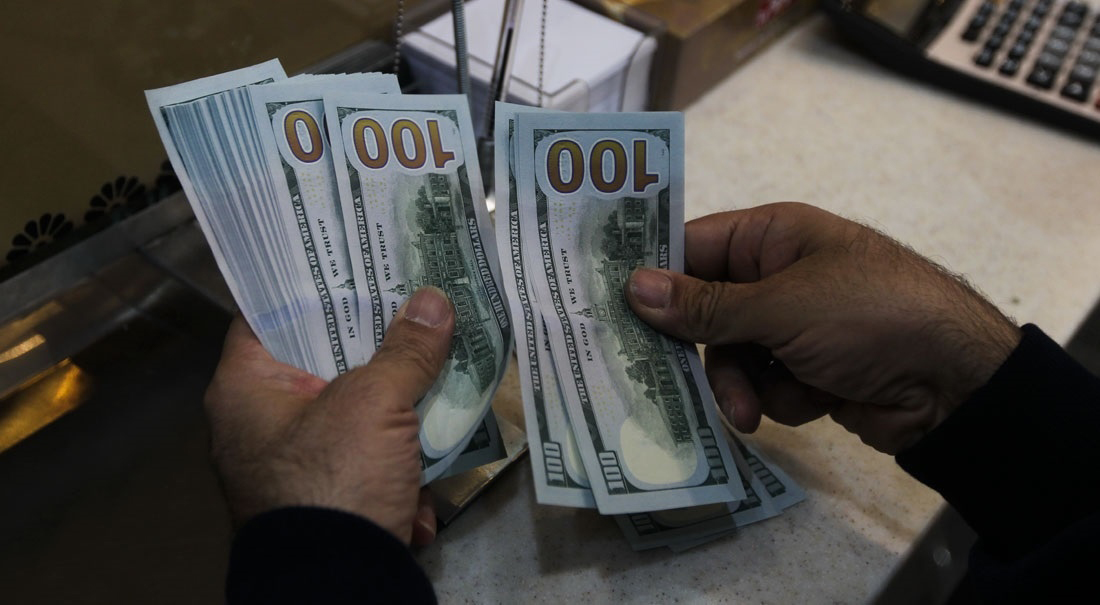Gov’t Think Tank: Overvalued Currency Counterproductive

EghtesadOnline: Institute for Trade Studies and Research, the think tank of the Ministry of Industries, Mining and Trade, concluded in a recent report that longstanding policies practiced by consecutive governments aimed at helping lower-class groups are having the opposite effect.
Among those policies, ITSR mentions the government policy to keep the rial overvalued in the name of strengthening the national currency and subsidizing energy and fuel prices despite rising inflation.
The report, published on the think tank’s website, traces these counterproductive policies to political motives that avoid making tough reforms, adding that they are particularly detrimental to an economy vulnerable to domestic and external shocks, according to Financial Tribune.
“Iran’s economy, every now and then, faces volatility in the foreign exchange rate, energy prices, goods prices, fixed-income investments and GDP growth,” it said.
Noting that some of the volatility stems from external shocks such as economic sanctions and oil price, the body noted that the main culprit in this perennial challenge is the “triumph of political approaches over the country’s economic realities”.
Expanding on Iran’s economic realities, ITSR draws attention to two facts: chronic inflation and heavy reliance of the government’s budget on rial and foreign exchange income from the sale of oil and byproducts.
“The result of the first fact is that the government should endeavor to preserve its spending power both for running its affairs and launching development projects in line with the inflation rate. But considering the government’s political approach to keep a fixed exchange rate and its insistence on keeping the public satisfied through subsidized fuel prices, government revenues can never match its spending,” he said.
The inevitable result of such an approach, the report added, is the reduction of infrastructure and development spending which, along with the real appreciation of rial, would lead to the double whammy of rising imports and declining exports.
Blow to GDP Growth
The report noted that this situation leads to a drop in private investment, which would mean a sluggish investment that deals a blow to GDP growth.
“The current trend is not sustainable in the long run since it could unleash all the accumulated pressure all at once after an external factor triggers it, leading to a sharp rise in foreign exchange rate, energy prices and the price of general goods,” it said.
“The consequences of such price jumps in the currency and energy markets would mostly affect income deciles which these schemes intend to protect.”
In recent years and especially after the reelection of President Hassan Rouhani, observers and private sector figures have called on the administration to gradually let go of populist policies espoused by former president, Mahmoud Ahmadinejad.
But to their chagrin, the current administration announced that keeping the national currency strong would be among its core policies. It also continued to pay cash subsidies to tens of millions of people, which reportedly accounts for 30% of the government budget.
After losing more than a quarter against the dollar in the past fiscal year that ended on March 20, it slid to an all-time low against the American currency in the early days of the current year , with the exchange rate crossing the psychological threshold of 50,000 rials.
In keeping with independent analysts’ views, ITSR notes that if the forex rates and energy prices were “moderated” gradually, the negative growth in investment would not occur, growth will not be weakened and employment could not suffer. It would also be easier to “manage imports” and “expand exports.”
In a speech aired minutes after the turn of the Iranian New Year on March 21, Leader of the Islamic Revolution Ayatollah Seyyed Ali Khamenei called on the nation to dedicate their efforts to promoting domestic production.
In his speech, Ayatollah Khamenei declared the year’s motto as “support for Iranian products”.


